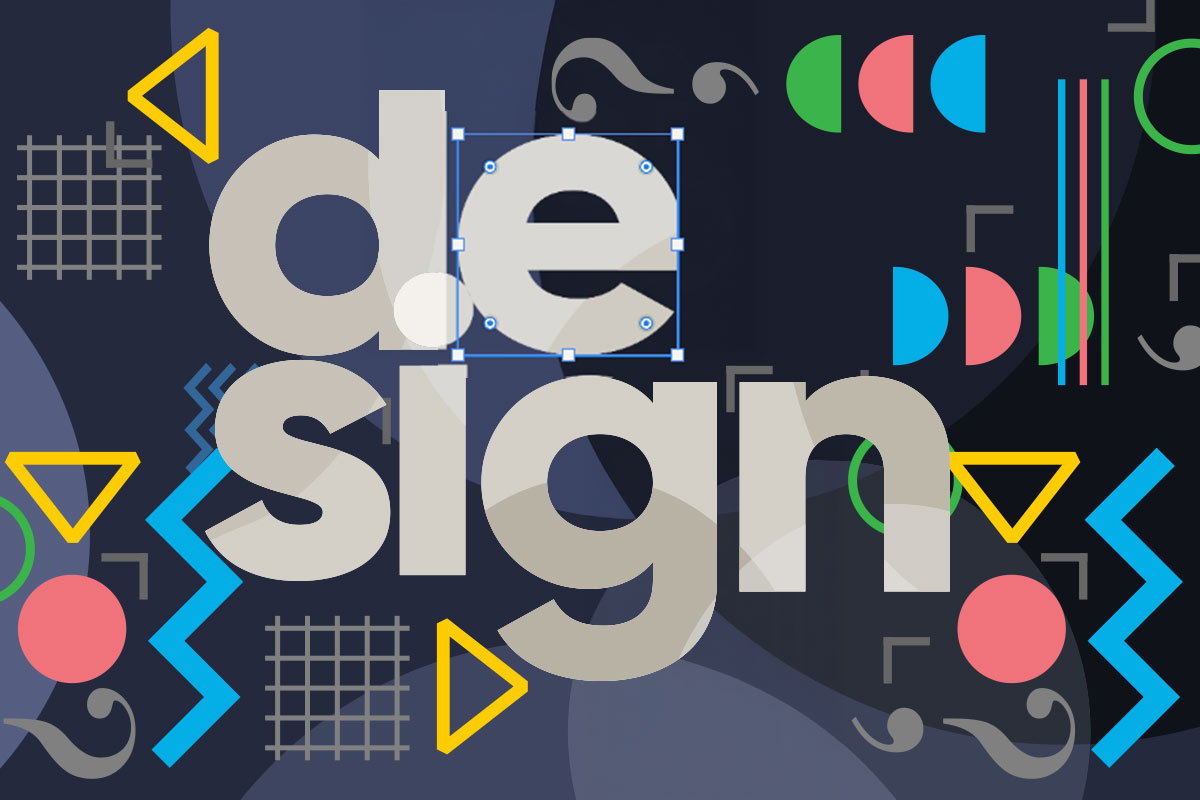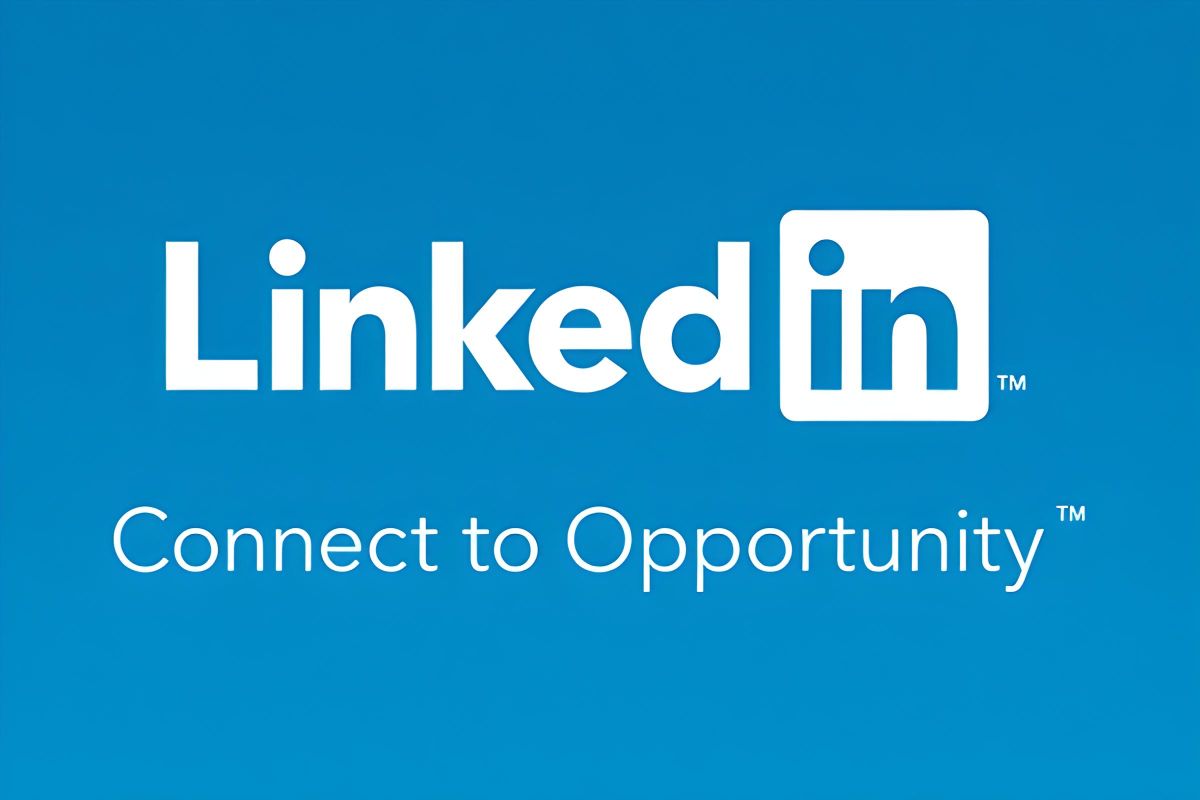An Australia With No Google? The Bitter Battle Guiding a Drastic Danger
SYDNEY, Australia — In a main escalation, Google threatened on Friday to make its lookup engine unavailable in Australia if the government authorized legislation that would force tech providers to pay back for journalism shared on their platforms.
Fb, which appeared with Google at an Australian Senate listening to, reaffirmed a menace of its personal, vowing to block consumers in Australia from posting or sharing back links to news if the bill passed.
In the two instances, the dire warnings — which one senator identified as blackmail — revealed the clear willingness of Facebook and Google to hide or erase reliable resources of information for millions of individuals at a time when social media platforms are beneath hearth for encouraging misinformation spread around the globe.
The businesses argue that they currently support the media sector by sending it targeted traffic, and that the invoice would open up them up to “unmanageable concentrations of economical and operational chance.” The response by Google, which controls 95 % of all queries in Australia in addition to owning YouTube, has developed significantly intense: The business recently buried big Australian news internet sites in research success in what it termed an “experiment.”
But the precedent of paying out for journalism does not, in alone, look to be the issue.
A couple hours ahead of Google threatened to acquire absent its research motor in Australia, the firm agreed to pay out information publications in France underneath an settlement that is likely to lead to a lot more deals across Europe.
The struggle in Australia centers on ability: who receives to decide the payments, what prompts a cost for the tech businesses and when do they have to expose adjustments in their algorithms.
Australia’s assertive problem to the on the internet giants has positioned it in the vanguard of a motion to bolster a common information media ecosystem that America’s trillion-dollar tech providers threaten with extinction. For Google and Facebook, their powerful pushback has come to be a focal issue of their world-wide endeavours to restrict regulation, as governments all-around the environment glance to rein them in.
Here’s a summary of the battle.
Speedy vs. Extended Negotiations
Less than Australia’s proposed legislation, if media corporations and platforms like Google can not agree on a price for news content material, an unbiased arbitration human body will take care of the dispute. That could sum to a to start with in the world.
The settlement in France lets Google negotiate with publishers making use of requirements the business has founded, such as the contribution to basic discussion, publication quantity and viewers dimensions. Disputes would most probably go to court docket, where by they could be bogged down for years, delaying payment.
Australia’s bill would streamline the procedure and fortify the weaker aspect — the media.
As Rod Sims, the chairman of Australia’s buyer protection regulator, discussed: “The aim of the code is to handle the uneven bargaining position between Australian information media companies and the huge electronic platforms who have distinct current market energy.”
The tech businesses say it would produce an incentive for media providers to jack up charges, sending circumstances to an arbiter who will figure out last payment. They place to a government report estimating that 75 percent of the negotiations could close up with arbitrators.
Critics argue that Google and Fb are simply trying to preserve their situation as the types who get to determine what news is worth.
“It’s about the exterior approach getting imposed on them by legislation, rather than by them just getting in a position to dole out deals as they see healthy,” reported Peter Lewis, director of the Heart for Accountable Technological innovation at the Australia Institute, an impartial investigation group. “It shifts the stability of electrical power from their arms to a 3rd celebration, and that’s what they simply cannot countenance.”
Back links vs. Previews
The battle facilities in portion on a discussion above the mother nature of lookup success, and on the question of irrespective of whether tech organizations need to shell out for every single posting that Australians see on their platforms.
Business & Economic climate
In a submission to Australia’s Senate inquiry about the proposal, Tim Berners-Lee, the inventor of the Entire world Wide Website, wrote that “the code hazards breaching a essential basic principle of the world wide web by necessitating payment for linking in between specified content online.”
“The capacity to website link freely,” he additional, “meaning devoid of constraints with regards to the information of the linked web-site and with no financial expenses, is elementary to how the internet operates.”
Melanie Silva, the handling director of Google Australia and New Zealand, designed the similar argument on Friday in the Senate and in a video posted to Twitter, where by she asked people to envision recommending a couple of cafes to a close friend — and then acquiring a invoice from the cafes for sharing that details.
“When you place a rate on linking to particular data, you crack the way look for engines do the job,” she stated. “And you no for a longer period have a free of charge and open up website.”
Google and Fb (along with Twitter and others), nonetheless, do not only connection. They body the operate in previews, with headlines, summaries and images, and then curate and provide up the material although sprinkling in advertisements.
Tama Leaver, a professor of world wide web studies at Curtin University in Perth, noted in a modern essay that this extra worth lessens the probability of anyone clicking into the report, hurting media corporations even though enhancing the tech companies’ bottom line.
“It is normally in that reframing that commercials show up, and this is in which these platforms make income,” he wrote. He additional that the code could be adjusted to demand the businesses only when they generate previews, not just one-way links.
But Mr. Sims, the main architect of the code, said on Friday in the Senate that Google and Mr. Berners-Lee were being simply improper on the particulars.
“The code does not demand Google and Facebook to pay back for linking information information,” he said. “Indeed, discussions we are mindful of have targeted on spending upfront lump sum quantities, not for each simply click.”
Extra broadly, lawmakers and community policy experts have argued that the providers do not just share information and facts like a mate. They harvest aspects about their end users in order to make what they share successful.
As Mr. Lewis at the Australia Institute put it, they really don’t just give you information about where by to get coffee — they observe you to the cafe, view what you purchase and where by you go upcoming, then sell that knowledge to providers that want to current market you anything else.
Senator Rex Patrick accused Google of pretending to be concerned about “technical precedence.” In actuality, he explained, it’s all about “commercial precedence” — cash.
Google Australia gathered approximately $3.3 billion from Australian advertisers in 2019, and paid out about $77 million in taxes, with a claimed financial gain of about $637 million.
Top secret Algorithms vs. Transparency
A single possibly groundbreaking factor of the proposed laws requires the key sauce of Facebook, Google and subsidiaries like YouTube: the algorithms that decide what people see when they lookup or scroll by way of the platforms.
Early drafts of the bill would have essential that tech companies give their information media partners 28 days’ observe before producing any changes that would influence how consumers interact with their written content.
Google and Facebook explained that would be extremely hard due to the fact their algorithms are constantly changing in ways that can be tricky to evaluate for a subset like news, so in the most current draft, lawmakers constrained the scope.
If the invoice passes in a single variety or another, which appears probable, the digital platforms will have to give the media 14 days’ recognize of deliberate algorithm modifications that appreciably impact their firms. Even that, some critics argue, is not enough for Large Tech.
“I consider Google and Facebook are seriously nervous that other international locations will be part of in Australia’s work,” stated Johan Lidberg, a professor of media at Monash College in Melbourne. “This could sooner or later trigger substantial income losses globally and really serious reduction of handle, exemplified by the algorithm difficulty.”
But, he included, employing threats to bully lawmakers will not do them any very good.
“Google’s overreaction beautifully illustrates why the code is wanted,” he claimed, “and outside of that, the dire want for all governments, across the world, to join in attempts in reining in and limiting the energy of these organizations that is totally out of hand.”





